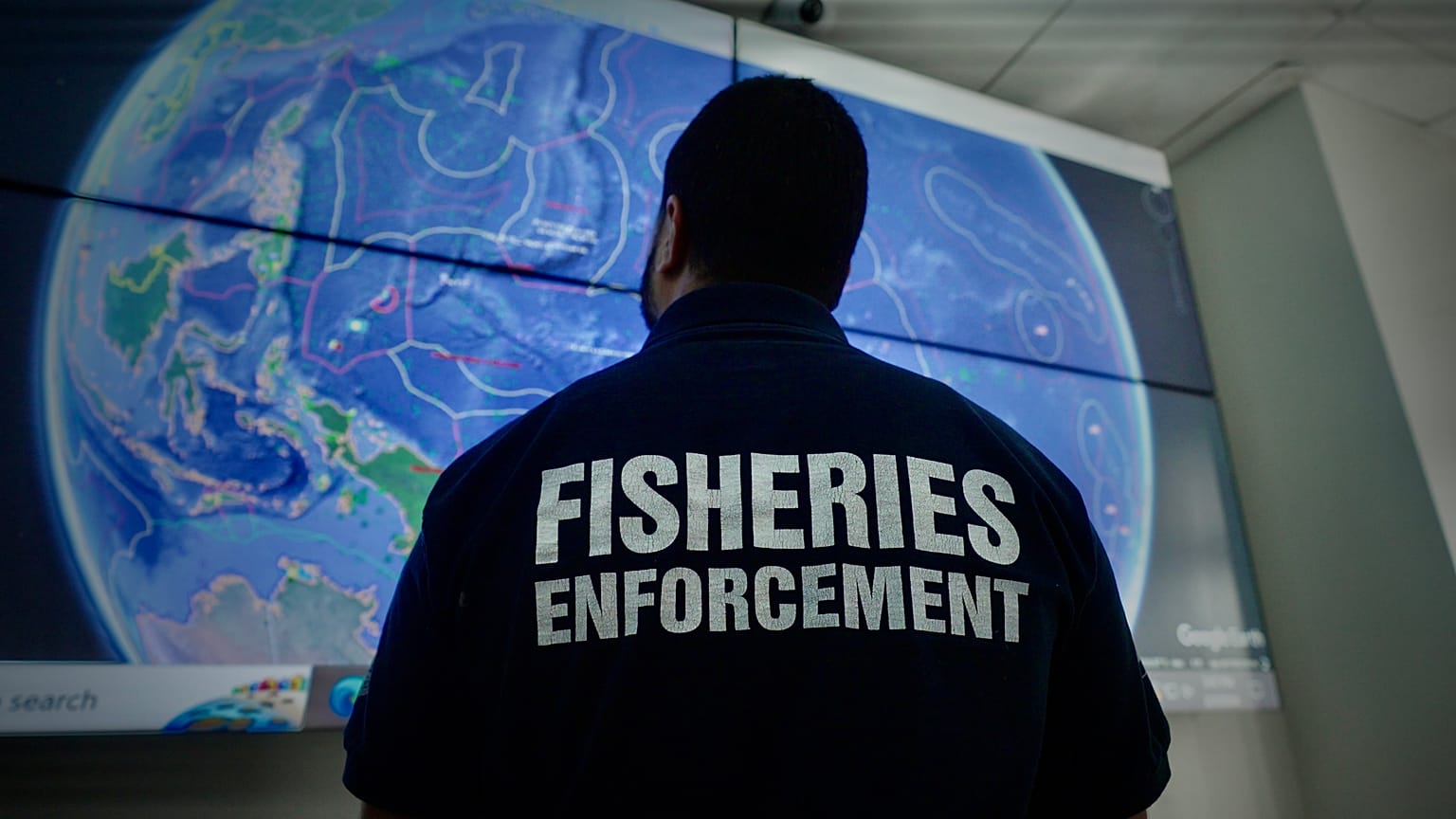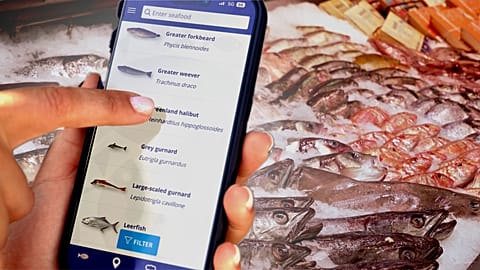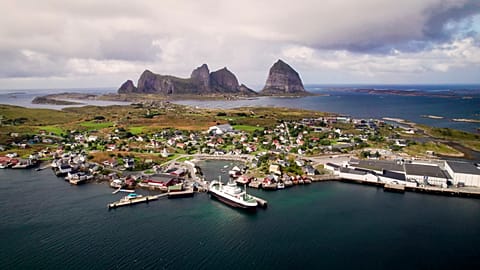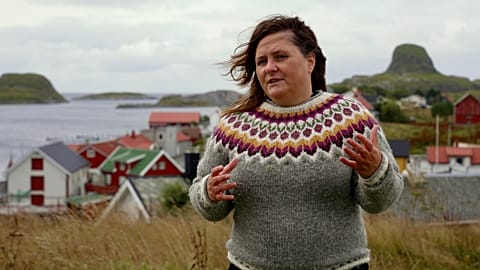The director of the state's Marine Resources Authority highlighted the crucial role that vessel inspections and data play in protecting this vital resource.
Tuna fishing is crucial for the economic wellbeing of many Pacific Small Island Developing States (SIDS), especially for the ten considered tuna-dependent. On average, 37 per cent of their government revenue is derived from access fees paid by industrial fishing fleets.
 ADVERTISEMENT
ADVERTISEMENT
 ADVERTISEMENT
ADVERTISEMENT
The total tuna catch in the western and central Pacific for 2022 was estimated at 2.7 million tonnes, representing roughly 54 per cent of the global tropical tuna catch.
Even more impressive is their sustainability record: unlike any other tuna fishery, none of the five main tuna stocks in the western and central Pacific are overfished.
Glen Joseph, the Director of the Marshall Islands Marine Resources Authority, told Euronews that all purse seiners operating in the Marshall Islands undergo boarding and inspection, and each vessel is required to have an official observer onboard during fishing and transshipment activities.
These measures, among others, are key to maintaining the sustainable fishing practices that ensure the long-term viability of tuna stocks in the region.
“The Marshall Islands, like all the other Pacific island countries here, represent the biggest fishery in the world. About 50 per cent of the world's consumption of tuna is harvested in our waters, which goes into the global market," said Joseph.
"We've got Japanese, Americans, Taiwanese, Chinese, Koreans, Filipinos, you name it. And the harvesters of fisheries tend to come out here and of course, conclude or arrange what we call fishing access rents, monetising the resources for revenue for the countries.
"When they come in, we have the opportunity to board and inspect and collect data. We do 100 per cent of the boarding and inspection of vessels that come to Majuro.
"It's our duty and responsibility to be able to get this data for management purposes, but also our obligations as custodians of the biggest resource in the Pacific, in the world, I might say. It's fair to say, the tuna stock in the Pacific is more healthy than the other tuna stocks in the other regions".



















